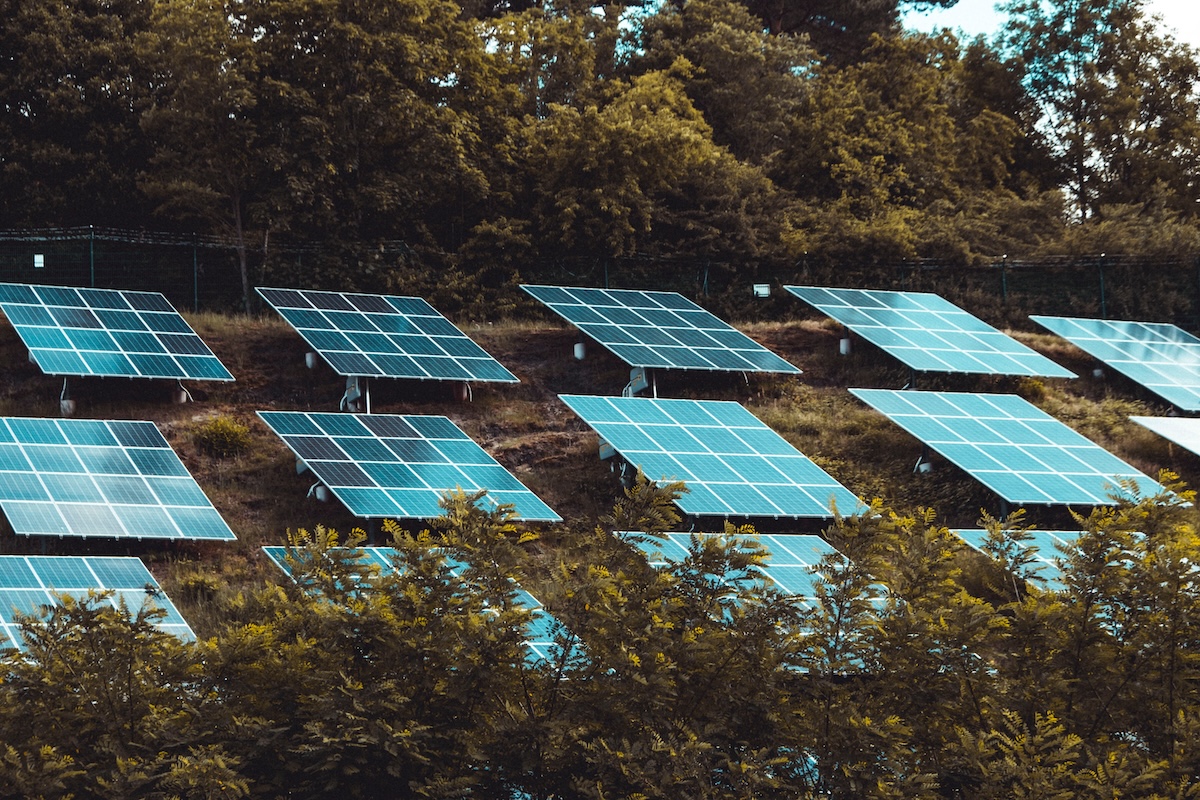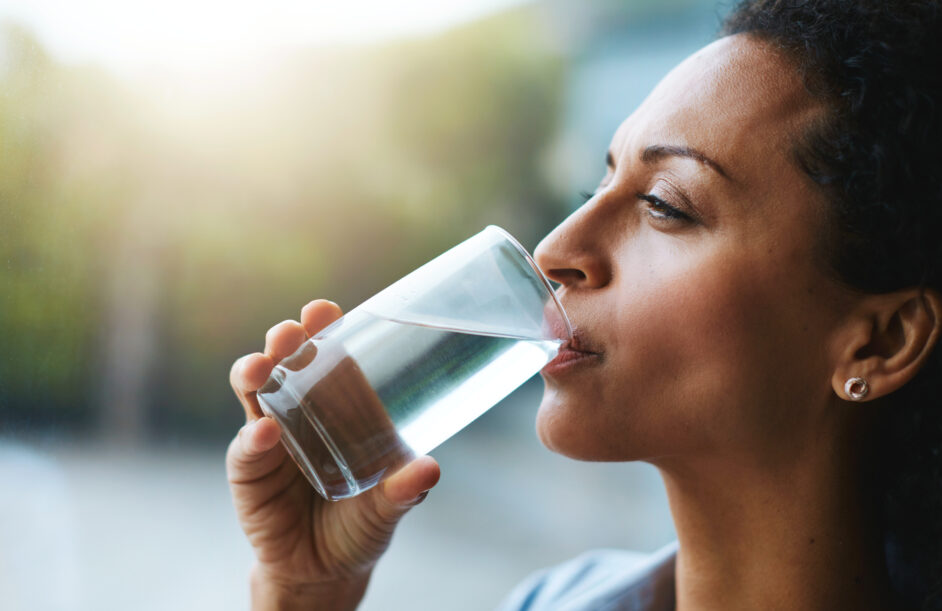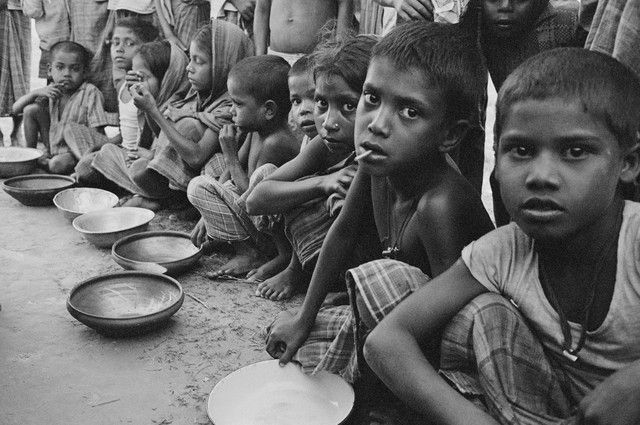Affordable and clean energy
Between 2000 and 2018, the number of people with electricity increased from 78 to 90 percent, and the numbers without electricity dipped to 789 million. Yet as the population continues to grow, so will the demand for cheap energy, and an economy reliant on fossil fuels is creating drastic changes to our climate.





